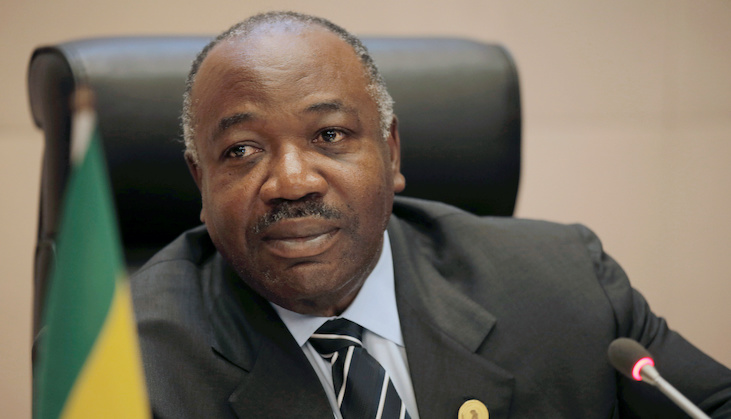In the blink of an eye, Gabon finds itself on the precipice of potential upheaval. The images of senior Gabonese military officers proclaiming power on national television are nothing short of dramatic. One can’t help but be reminded of George Orwell’s haunting words from his dystopian novel, 1984, “Power is not a means, it is an end.” And Gabon’s recent history seems to echo this sentiment all too vividly.
On one hand, the argument to support the coup seems almost inevitable. Ali Bongo, son of former President Omar Bongo who maintained a tight grip over Gabon for 42 years, is hardly a beacon of democratic hope. The fact that his progeny occupy ministerial positions is evidence enough of the dynastic stranglehold on the nation. The recent election, marred with allegations of fraud, tensions, and a curfew, further clouded Gabon’s democratic aspirations. The opposition’s cry for change becomes all the more pressing when juxtaposed against the backdrop of Gabon’s wealth in oil and cocoa, starkly contrasting its staggering poverty.
Yet, the bigger, looming question is: Can a military coup really herald the dawn of a vibrant democracy? While the military leaders may genuinely believe in the romantic notion that they are taking this step “in the name of the Gabonese people,” history offers a cautionary tale. The power vacuum created by coups often breeds chaos rather than genuine, lasting change. As Lord Acton wisely noted, “Power corrupts, and absolute power corrupts absolutely.”
If one glances westward across the African continent, the evidence of this is overwhelming. The Sahel region alone has witnessed a disheartening number of coups in the past few years. Mali, Guinea, Burkina Faso, Chad, Niger – all serve as somber reminders that ousting a government, regardless of its flaws, doesn’t necessarily pave the way for a robust democracy. The unending cycle of power grabs and the subsequent fallout threaten to stunt democratic growth.
It is essential to remember the lessons of 1984: power, especially when concentrated, can easily mutate into tyranny. The Gabonese military’s pledge to lead the nation “on the road to happiness” may be sincere, but there is a very real danger that, left unchecked, they could simply replace one dictatorial regime with another. The true litmus test will be whether this new regime can resist the seductive allure of power and truly put the interests of the Gabonese people first.
As we ponder the fate of Gabon, it becomes clear that the solution isn’t as black and white as supporting or opposing the coup. Instead, it lies in the country’s ability to foster a genuine culture of democracy, transparency, and checks and balances. For Gabon, and indeed for many nations in similar predicaments, the real challenge isn’t just overthrowing a tyrant, but ensuring that what follows isn’t simply another iteration of the same.
The international community must stand ready to assist, not just with words of caution or concern, but with genuine efforts to guide nations like Gabon towards stable governance. But until then, the world watches with bated breath, hoping Gabon does not become another cautionary tale in the annals of history, where aspirations for freedom are quashed under the weight of unchecked power.
Image Credit: REUTERS/Tiksa Negeri




